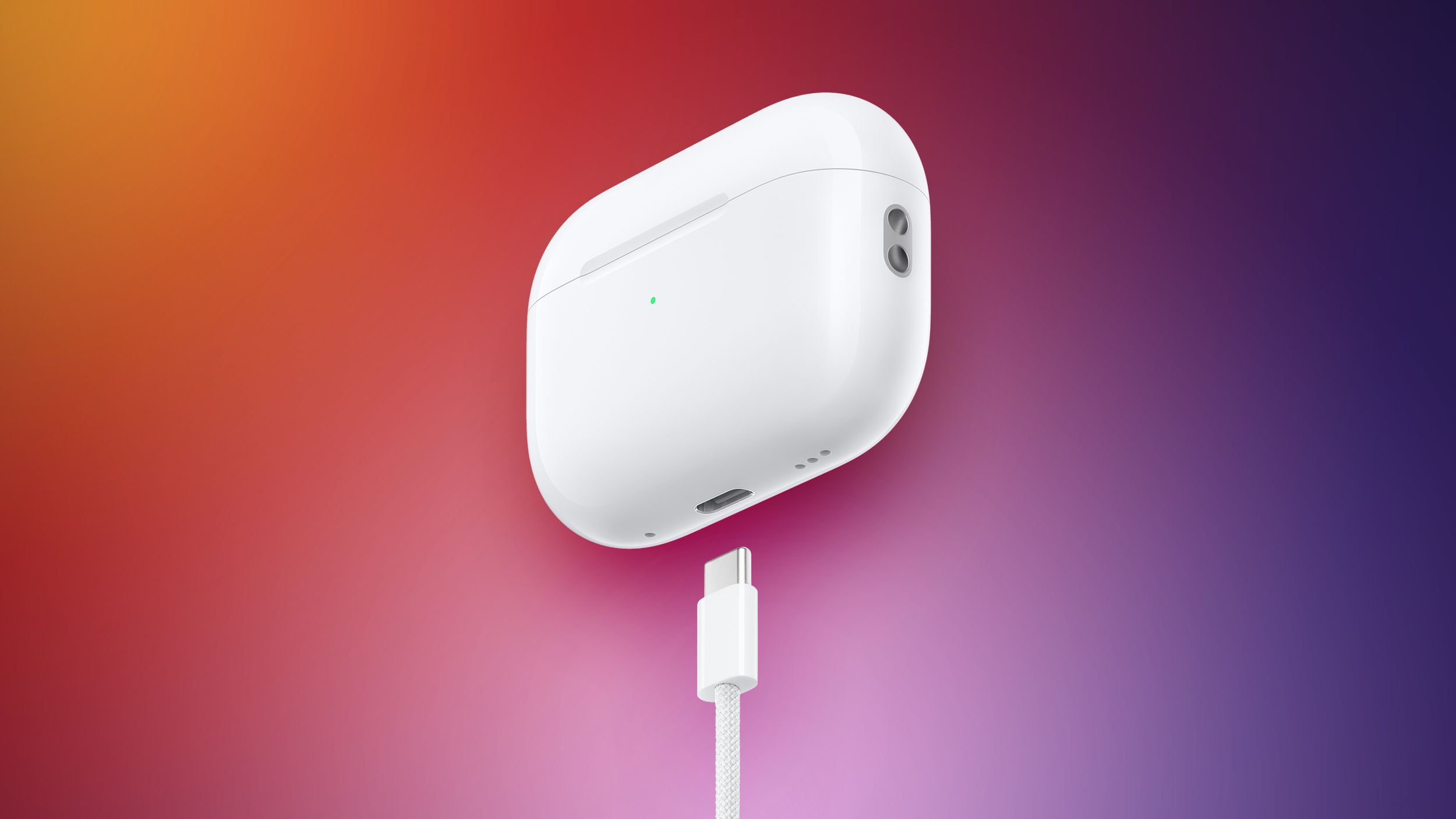The UK government has launched a consultation to explore the possibility of mandating USB-C as the standard charging port for electronic devices, potentially aligning with similar regulations recently adopted by the European Union.
The Office for Product Safety and Standards, part of the Department for Business and Trade, is seeking input from manufacturers, importers, distributors, and trade associations on the potential benefits and challenges of implementing a common charging standard across the UK.
This move comes after the EU passed legislation in 2022 requiring most portable electronic devices to use USB-C for charging by December 2024. The EU’s decision aimed to reduce electronic waste and improve charger interoperability.
The UK government, which previously stated it was not considering similar rules, is now exploring whether adopting USB-C as a standard would benefit businesses, consumers, and the environment. The consultation will run for eight weeks, ending on December 4, 2024.
Key points under consideration include:
- Standardizing USB-C as the common charging port
- Implementing harmonized fast-charging technology
- Allowing consumers to purchase devices without chargers
- Introducing labeling requirements for charging information
The government acknowledges that many manufacturers of smartphones, tablets, cameras, headphones, and laptops have already adopted USB-C for the UK market voluntarily to avoid supply chain complexities. For example, Apple, which long resisted changing its proprietary Lightning port, adopted USB-C for new iPhones last year, while the last few Lightning products are likely to make the transition next year. However, the government says it seeks to understand the implications of formally implementing such requirements.
Notably, the new iPad mini, announced on Tuesday, will not include a charger in the box for several European countries, including the UK, France, Germany, Italy, Spain, and the Netherlands. The change is likely in response to EU regulations regarding electronic waste, but even some European countries that are not part of the EU are impacted.

